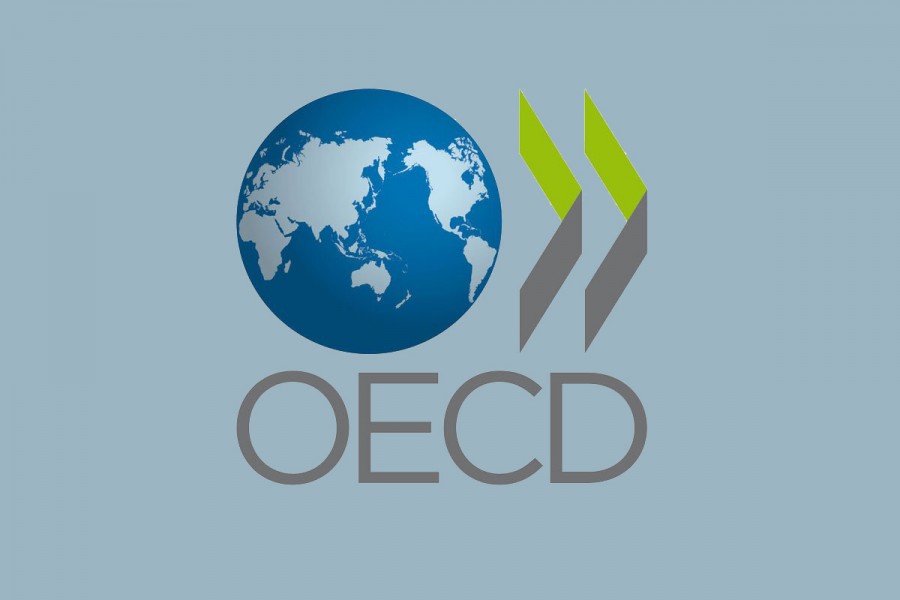The Organisation for Economic Co-Operation and Development (OECD) has warned that trade disputes and uncertainty over Brexit would hit world commerce and businesses in next two years.
The OECD also cut forecasts again for the global economy in 2019 and 2020, following on from previous downgrades in November, in its interim outlook report that was released on Wednesday. It forecast that the world economy would grow 3.3 per cent in 2019 and 3.4 per cent in 2020.
Those forecasts represented cuts of 0.2 percentage points for 2019 and 0.1 percentage points for 2020, compared to the OECD’s last set of forecasts in November, reports Reuters.
“High policy uncertainty, ongoing trade tensions, and a further erosion of business and consumer confidence are all contributing to the slowdown,” said the OECD in its report.
“Substantial policy uncertainty remains in Europe, including over Brexit. A disorderly exit would raise the costs for European economies substantially,” added the OECD.
Europe remains impacted by uncertainty over Britain’s plans to exit the European Union, the U.S. - China trade spat and other weak spots, such as signs of a recession in Italy.

For Germany, Europe’s largest economy, the OECD more than halved its 2019 GDP growth forecast to 0.7 per cent from 1.6 per cent previously. It predicted a light recovery to 1.1 per cent growth in 2020. Germany’s export-reliant economy is particularly affected by weaker global demand and rising trade barriers.
Meanwhile, data earlier this month showed that U.S. personal income had fallen for the first time in more than three years in January while consumer spending dropped by the most since 2009 in December, putting the world’s biggest economy on a relatively weak growth trajectory early in the first quarter.
China, the world’s second-biggest economy, has also faced signs of stuttering growth.
China is seeking to shore up its slowing economy through billions of dollars in planned tax cuts and infrastructure spending, with growth at its weakest in almost 30 years due to softer domestic demand and a trade war with the United States.


